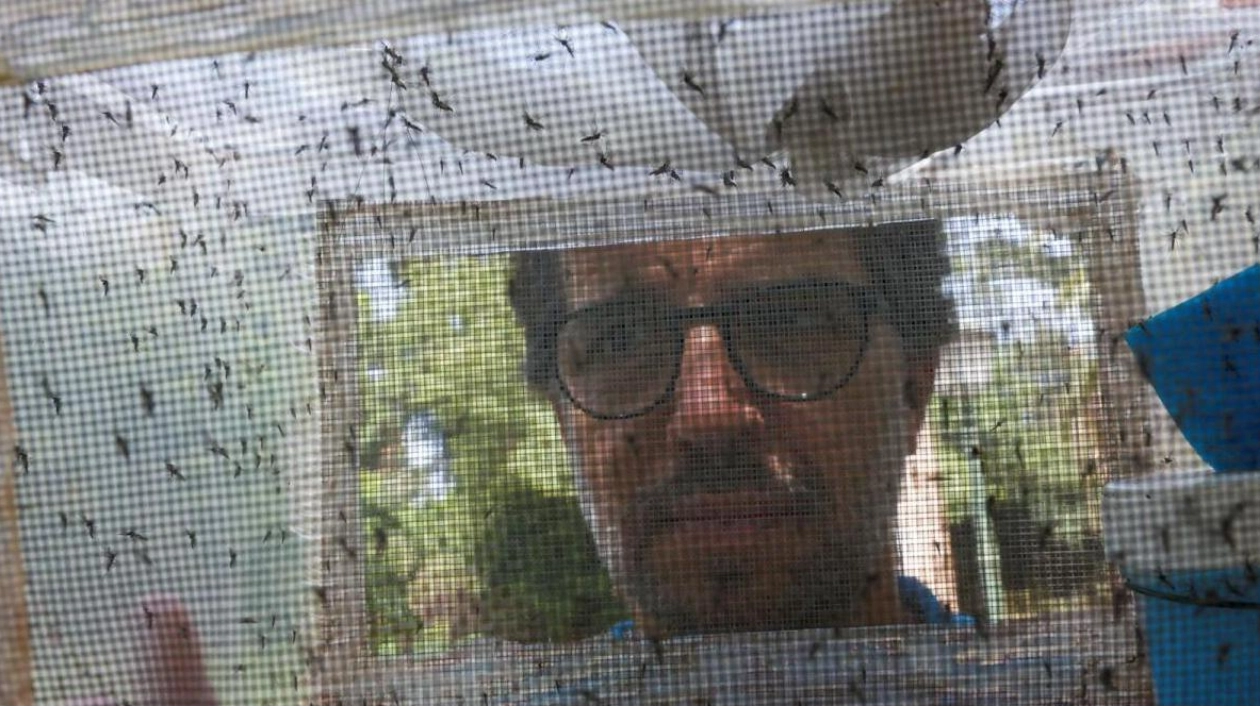A Spanish laboratory is breeding and sterilizing thousands of tiger mosquitoes to combat dengue fever and other diseases, as climate change promotes the spread of this invasive species across Europe. Funded by the regional government, the Biological Pest Control Centre in Valencia uses an electron accelerator to sterilize and release approximately 45,000 male mosquitoes weekly. These males mate with female mosquitoes, which transmit diseases to humans, ultimately aiming to reduce the overall mosquito population.
"This species is becoming more prevalent due to climate change... There is a conducive environment for its growth over extended periods throughout the year, and its populations are continuously increasing," explained Vicente Dalmau from the Valencia region's health, agriculture, and fisheries department. The mosquitoes used for reproduction are sourced locally, and scientists separate female pupae from males using a machine, followed by radiation to sterilize the males. Although sterilization techniques have been employed elsewhere, this lab, leveraging its experience with fruit flies, is pioneering the use of such methods on tiger mosquitoes in Europe amidst rising concerns over mosquito-borne diseases like dengue, zika, and chikungunya.
Data from the European Centre for Disease Prevention and Control indicates an increase in imported cases from dengue-endemic regions, as well as a rise in local outbreaks of West Nile virus and dengue in Europe. The striped tiger mosquito, or Aedes albopictus, is expanding north, east, and west across Europe, with self-sustaining populations now established in 13 countries, including Spain. The World Health Organisation reported last year that global dengue rates are escalating, with cases since 2000 surging eightfold to 4.2 million in 2022, attributed to a warmer climate aiding the mosquitoes' faster multiplication.






